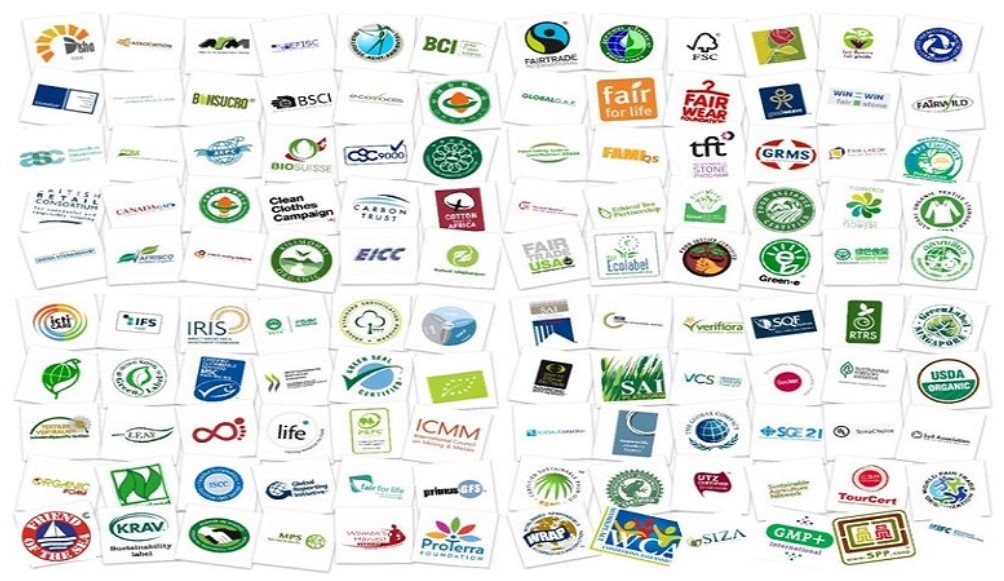Argentina is a country of 45 million people with great industrial potential that has suffered the brunt of harsh or inefficient economic policies. In order to promote its development it is necessary to increase local consumption and promote its exports. To this end, Argentina must have (among other requirements) a certification system that includes the guidelines required by the target markets of our products and services (whether internal or international markets).
However, such a task is not easy, since our country does not yet have something as basic as a simple definition of the certification mark in our trademark law. This is unusual in comparative law. Even the MERCOSUR Intellectual Property Harmonization Regulations encourage countries to enact certification mark legislation.
Even the MERCOSUR Intellectual Property Harmonization Regulations encourage countries to enact certification mark legislation.[1] In fact, as we shall see later, Argentina is the only country in this bloc that still does not have such a type of TM in its TM law (Law No. 22,362). This point is of supreme importance as, in the absence of the aforementioned definition, certifications are entirely different from one another and hard to access for SMEs and national entrepreneurs.
In a regional context in almost all Latin American countries. Therefore, Colombia, Ecuador, Peru, and Bolivia have a single regime through the Intellectual Property Regulations of the Andean Community of Nations (CAN), which defines certification marks as those marks intended to be affixed to products or services, their quality or other Properties have been certified by the trademark owner.
In Chile, certification marks are distinctive signs suitable for graphic representation intended to be affixed to products by duly authorized, controlled, and certified persons to accredit common characteristics or specific components linked to a certain common origin of the products. The certificatory cannot be the TM owner, the producer, but a guarantor, i.e. a third party independent of production.[2]
Brazilian legislation defines certification marks as those whose purpose is to certify the conformity of a product or service to certain standards or technical specifications, particularly in terms of quality, nature, material or methodology used. In Brazil, the TM user regulations must be attached to the registration form.[3]They cannot be requested by persons interested in the products or services to be certified.[4]
Conclusions
From what has been said in this short report, we can conclude that due to the lack of a legal definition in trademark law, the certifications of Argentine products and services are always private and difficult for traders and consumers to recognize. Also, they are very different from each other.
The MERCOSUR regulations expressly mention certification marks and empower member countries to regulate them. Brazilian and Uruguayan laws have long contained highly developed regulations in this regard.
The member countries of the Andean Community of Nations -CAN- (Colombia, Ecuador, Peru, and Bolivia) have also defined and promoted certification marks. This greatly improved their foreign trade.
From the consumer’s point of view, certifications enable the purchase of a product or service whose brand they do not know before they buy, but whose certification they know (and also recognize) so that they can appreciate certain valuable characteristics of the product. As already mentioned, this happens thanks to the positive perception of the certification mark by the certifying body.
Because of all this, the definition of certification marks in Argentine legislation would be very promising.
Argentine regulations
Law No. 26,355
Law No. 25,127
Law No. 22,362
International and foreign regulations
MERCOSUR/CMC/DEC. No. 08/95. Protocol for the Harmonization of Rules on Intellectual Property in MERCOSUR, in Matters of Trademarks, Indications of Origin and Denominations of Origin
Foreign regulations
Andean Community of Nations: Resolution 486 of the Andean Community (Community of the Cartagena Agreement)
Brazil: Industrial Property Law – Law No. 9,279 of May 14, 1996
Uruguay: Law 17,011. Trademarks
Paraguay: Law 1,294 of 1998
[1] MERCOSUR/CMC/DEC. No. 08/95. Trademarks. Article 5. Definition of a trademark. 3) The States Parties shall protect service marks and collective marks and may likewise provide protection for certification marks.
[2] INAPI, available at: https://www.inapi.cl/sello-de-origen/tipos-de-sello/marca-de-certificacion
[3] Ley de la Propiedad Industrial – Ley Nº 9.279 de 14 de mayo de 1996.
[4] Ley N° 9.279 del Brasil – Capítulo III – DE LOS SOLICITANTES DEL REGISTRO – Art. 128. Pueden solicitar registro de marca las personas físicas o jurídicas de derecho público o de derecho privado. (…) § 3º – El registro de la marca de certificación sólo podrá ser solicitado por persona sin interés comercial o industrial directo en el producto o servicio atestado (…).

Deja una respuesta